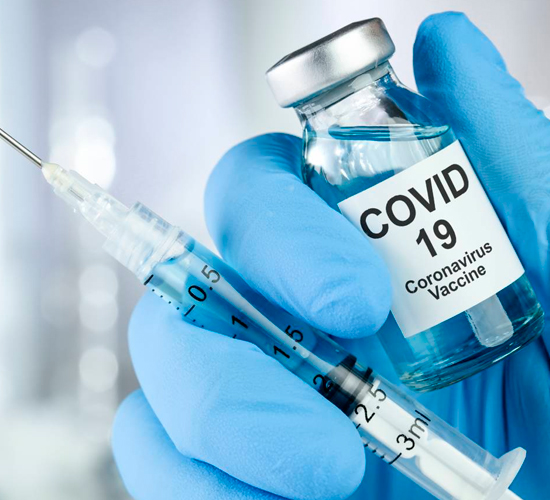Catterina Ferreccio, ACCDIS researcher says National Covid-19 Vaccination Plan

On national network, President Sebastián Piñera outlined the steps now that the Institute of Public Health approved the Pfizer and BioNTech vaccine.
“During this december the plane will land in Chile with the first 20 thousand doses of vaccines, which will allow us to immediately start vaccinating all people working in our Health System's Intensive Care Units in the regions with the highest incidence of Coronavirus, such as the Biobío Region, Araucanía and Magallanes, and some of the staff in the Metropolitan Region”, President Sebastián Piñera said wednesday, December 16th at national network.
Just a few hours before, at noon, from the Institute of Public Health reported that the use of the Pfizer-BioNTech vaccine was unanimously approved, BNT 162B2, exceptionally to deal with the Covid-19 pandemic.
“The vaccine will be voluntary and free for all”, pointed out the Representative.
Vaccination priorities
First of all, those deployed in the Covid-19 emergency will be vaccinated; for example, health staff. After these, older and chronically ill adults will be inoculated, prioritizing those in Long Stay Centers, then continue with those over the age of 16 according to their degree of risk.
In addition, the Chair assured that new doses of vaccines will continue to be received with the aim of vaccinating the critical and at-greatest risk population during the first trimester of 2021, continuing with the other groups during the first half of that year.
Although the Pfizer and BioNTech vaccine is the one that received the first, other products are expected to, like Modern's, also enter the supply chain after they are authorized by health agencies in other countries, like the United States.
“The goal is to protect the 15 million people who make up the target population”, pointed out the Piñera. The Ministry of Health is the body responsible for timely reporting the dates and places of vaccination for the different groups of the population.
Expert opinion
Amid the signs of hope generated by the approval of the emergency use of the Pfizer and BioNTech vaccine against coronavirus in Chile, the epidemiologist Catterina Ferreccio, Catholic University School of Medicine and member of the Covid-19 Minsal Advisory Council, said that even though the authorization of the vaccine is good news for the country, this is a slow and multi-month process.
“If we're talking about using the vaccine to stop transmission of the virus in the community, we're talking about 75% of the vaccinated population. We're not going to have that until the end of the first semester. [2021] Or more, then we can't get confused and think that with the vaccine we're going to stop the transmission and less in the first few months that we're going to be with a few small doses”, indicated in conversation with Pauta Final, Radio PAUTA.
On the priority of vaccination at the arrival of the first doses, Ferreccio said that “if the dose is too small, as it looks like it's going to be the first arrival, the first priority is adults over the age of 85 because they concentrate those who invade hospitals”.
And regarding the requirement of the two doses needed for the Pfizer-BioNTech vaccine , raised that “I wouldn't be afraid to put the 25 thousand doses to 25 thousand people; they're going to be protected even with a dose. The more distant one dose from the other is, the greater the immune response”.
Listen to interview on www.pauta.cl
